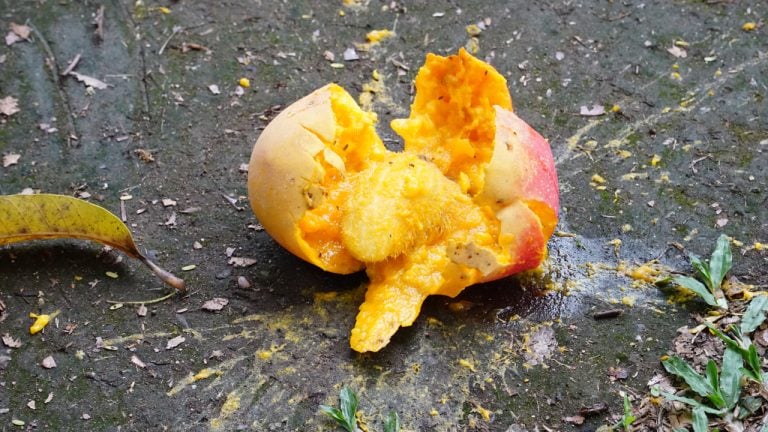
Solana-Based Lending App Solend Gets Hacked for $1.26 Million in ‘Oracle Attack’
The Solana-centric lending application Solend lost $1.26 million in an oracle attack, according to Solend’s official Twitter account on Wednesday. A number of affected pools were disabled, and Solend says it has given crypto exchanges the exploiter’s address. Solana Defi Application Solend Loses $1.26 Million in Oracle Exploit The crypto community has seen two significant hacks in the last 24 hours, and one of them stemmed from the decentralized finance (defi) protocol Solend. The team’s official Twitter account tweeted about the loss after it said it suffered from an oracle attack....
Related News
If Solend is unable to take over the account, some believe that it could cause a meltdown, driving Solana’s price to zero. Solana-based decentralized finance (DeFi) lending protocol Solend has created another governance vote to invalidate the recently-approved proposal that gives Solend Labs "emergency powers" to access a whale's wallet to avoid liquidation. On Sunday, the crypto lending platform launched a governance vote titled “SLND1 : Mitigate Risk From Whale.” This allows Solend to reduce the risk that the whale’s liquidation poses to the market by letting the lending platform access....
The move reduces the utilization of USDC within the Solend platform and allows users to withdraw their assets once more. The Solana (SOL) whale that was subjected to the potential takeover by a recent Solend governance vote has gotten in touch with the lending protocol and moved $25 million worth of USD Coin (USDC) debt to Mango Markets. In a tweet, Solend shared that the whale has acted on the team's suggestion to move their position across various lending protocols. The act reduces the utilization of USDC within Solend, allowing its users to withdraw their assets once more. USDC....
The $3.5 million flash loan attack Solana-based Nirvana Finance saw the price of its stablecoin NIRV and native token ANA fall around 85% apiece. Solana-based algorithmic stablecoin NIRV has become the latest stablecoin to fail, after dropping 85% from its dollar peg following a hack on adaptive yield protocol Nirvana Finance on Wednesday. The flash loan attack, which also saw Nirvana Finance’s native token ANA drop by 85%, resulted in the loss of $3.49 million worth of Tether (USDT), with the SolanaFM team being the first to confirm that the funds were siphoned via a flash loan attack on....
According to various reports, the Solana-based trading and lending platform Mango Markets was hacked as a malicious actor was able to siphon $117 million from the protocol. An analysis of the hack published by Certik explains that the attacker manipulated the price of the project’s native token mango (MNGO) which allowed them to borrow $117 million against the exploited collateral. Mango Markets Hacked for $117 Million, Blockchain Security Firm Summarizes the Attack Vector On Tuesday, the Solana-based Mango Markets platform was hacked for $117 million. The team tweeted about the issue at....
Solana co-founder Anatoly Yakovenko noted that the integration will be beneficial to DeFi developers building on the platform. Blockchain oracle platform Chainlink has announced the launch of its price feeds on the Solana blockchain. The integration allows decentralized finance (DeFi) developers to use the feeds within their decentralized applications (DApps). In an announcement sent to Cointelegraph, the blockchain oracle platform notes that upon launch, seven price feeds will be available to Solana developers, including BTC/USD, ETH/USD and USDC/USD. At the later stages of the....





